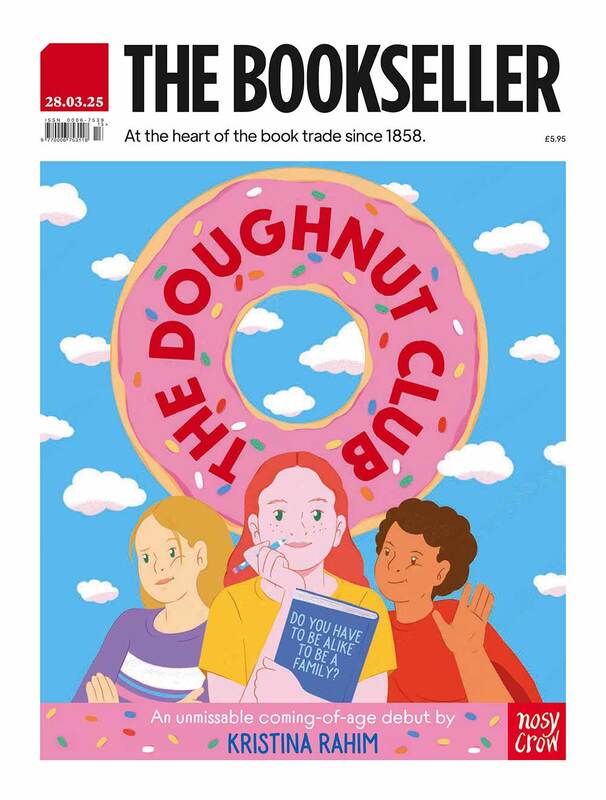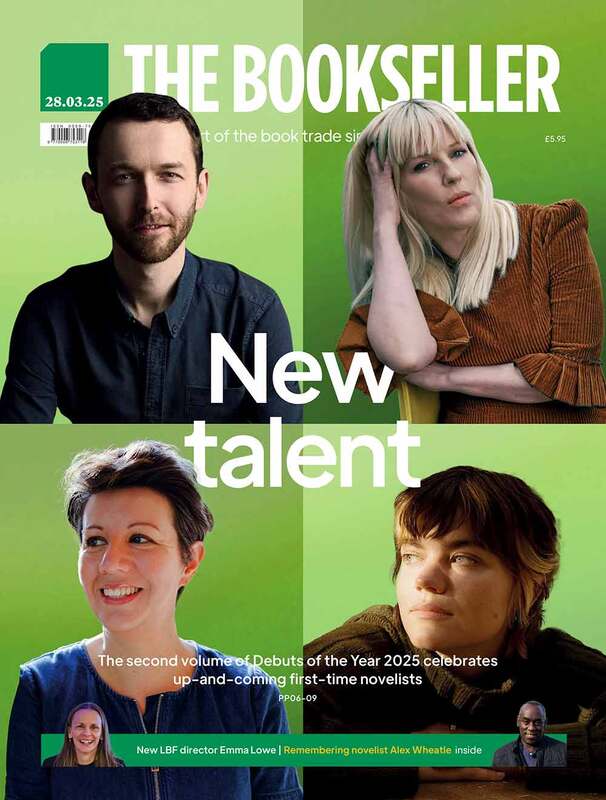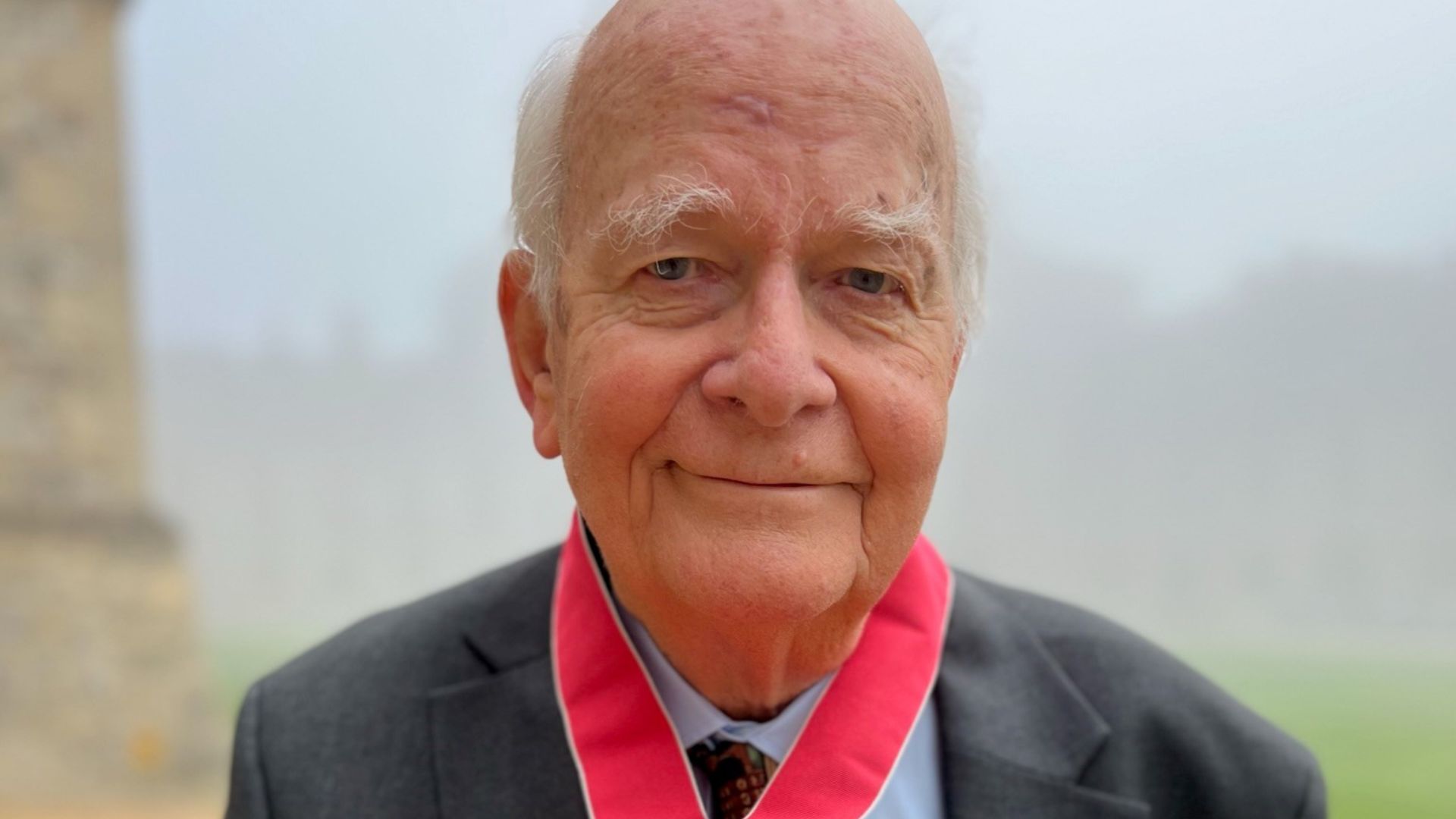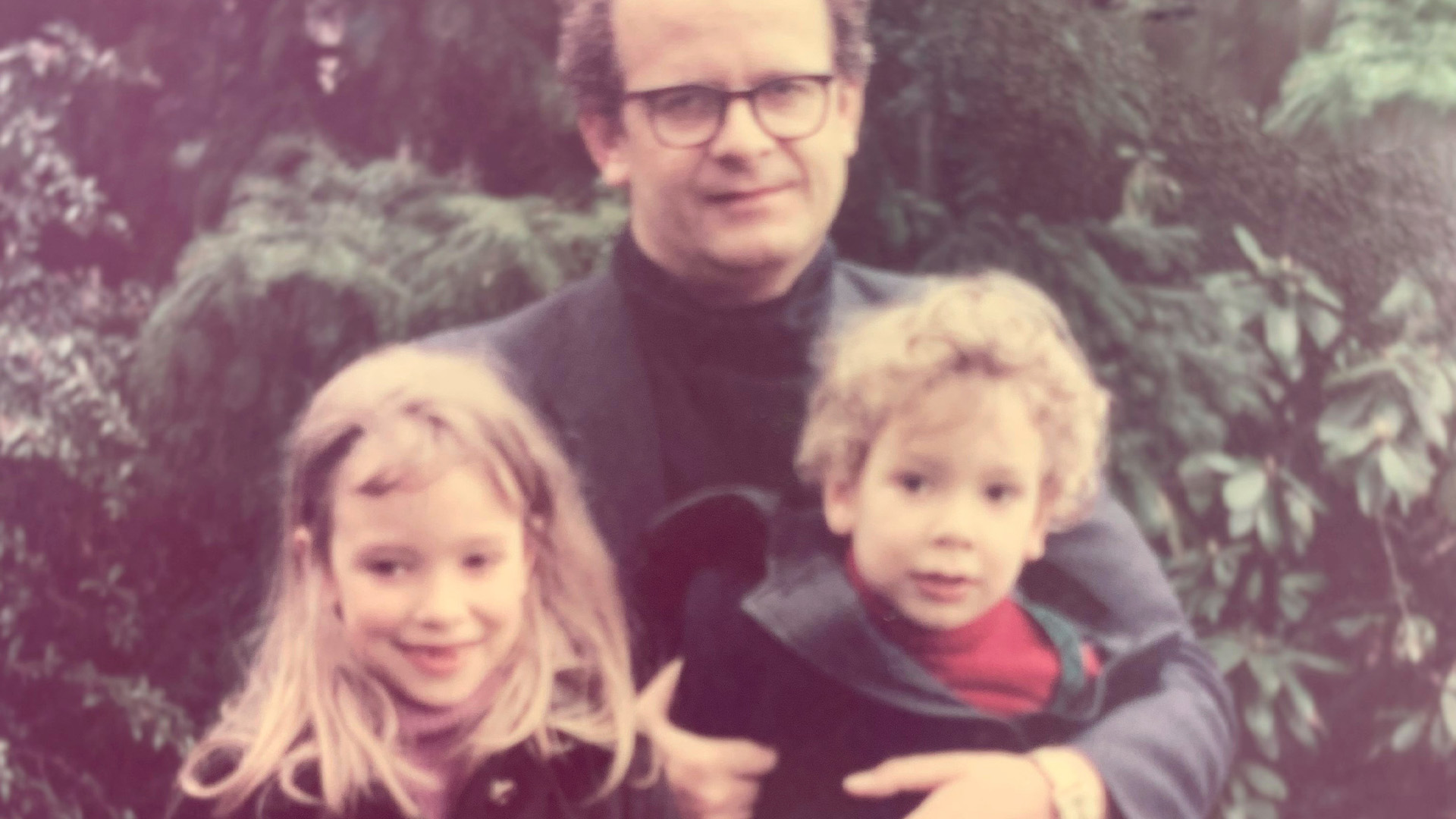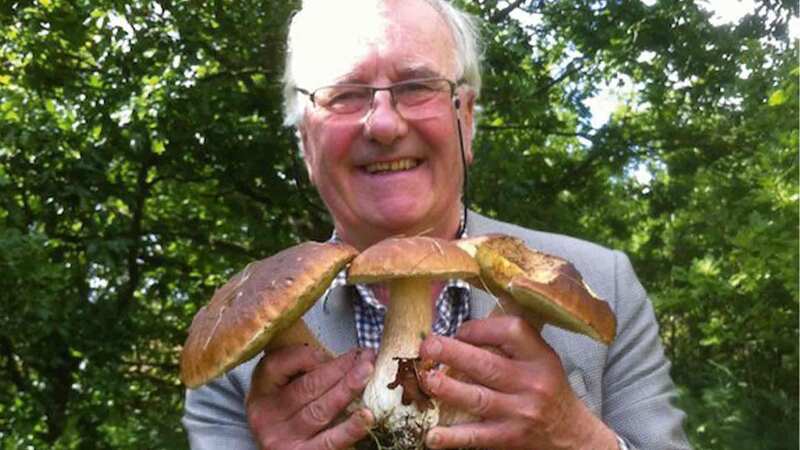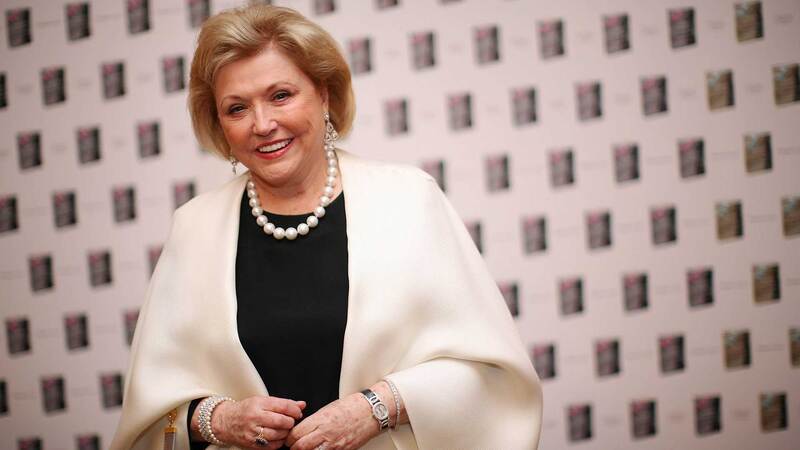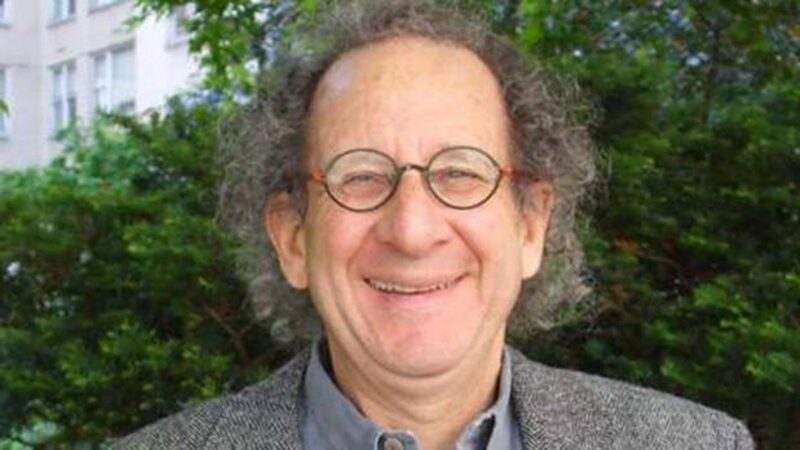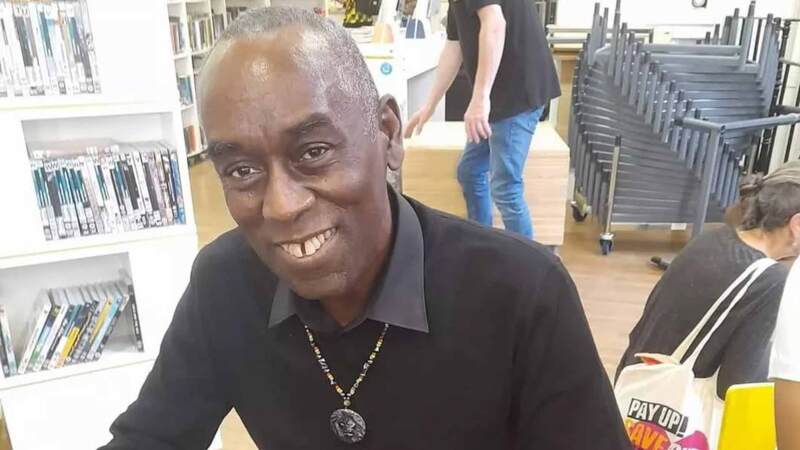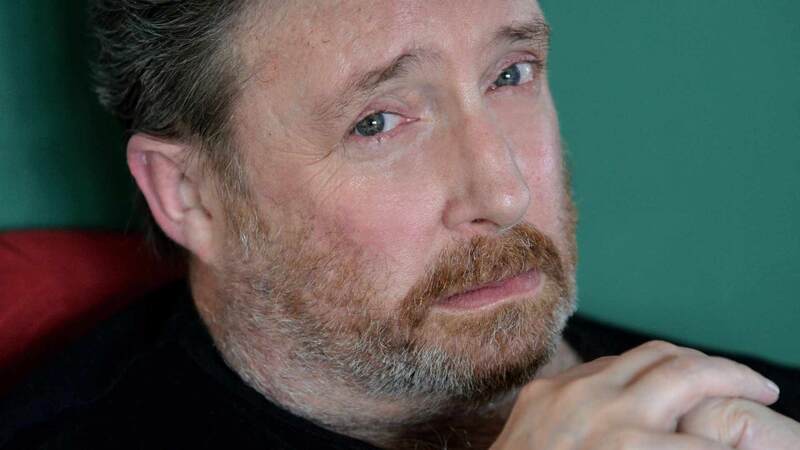You are viewing your 1 free article this month. Login to read more articles.
Obituary: Peter Usborne
Peter Usborne’s maxim was “do it better”. He applied it to many aspects of his life, but most effectively to publishing children’s books where his vision created a market his company could first nurture and then mine. Peter moved into children’s publishing after he learned that he and wife Cornelie Tücking were expecting their first child, Nicola, and founded Usborne Publishing in 1973 when his second child, Martin, was born. Fifty years later it is a £100m business, and now run by Nicola, who became deputy managing director in 2015, taking over as m.d. from her father in 2022.
The handover was done in typical [Peter] Usborne fashion: three days of thrashing out ideas with an external expert in family businesses, followed by a decision that everyone bought into, ultimately enacted with elegance. Nicola had had her own career, both in film and at Scholastic in the US, while her brother Martin had also moved into publishing with his start-up Hoxton Mini Press. As Nicola recalls: “It was very considered. He loved it being a family business. It was clear that he wanted us [Nicola and her brother Martin], but there absolutely was an out. I was really grilled. But he was then very good at letting go, and letting our roles evolve. He was always going to be involved until the very end. He was a pretty amazing boss. Of course, his plan was never to die.”
He felt there was a lot of good high-minded publishing, but there was a real gap in the non-fiction sector. There weren’t fun, accessible books
Peter was born in London, the son of Thomas Usborne, a senior civil servant, and his German-born wife Gerda (née Just). He was educated in Oxford, then at Eton College, and from there went to Balliol College, Oxford. He was a co-founder in 1961 and the first m.d. of Private Eye. He moved to the British Printing Corporation in 1967 after completing an MBA. That lasted until his wife phoned him at the office with some news. Usborne went to his boss and asked to do “something in children’s publishing”. As Peter told The Bookseller in 2007: “He sent me down the corridor to Macdonald Educational. I was given some paper and glue and told to ‘make something’.”
Usborne created the template for the Macdonald Starters series, which applied a magazine format to non-fiction subjects, making the books fun for children to browse. He would later use the same formula to launch Usborne Publishing. Says Nicola: “His publishing flowed out of him being a dad; he used to say that being a parent was the greatest privilege he could imagine and everything he did in publishing came from that. Our childhoods were enmeshed with his publishing, we were constantly being grilled about what we were interested in and how we understood things. It was a deeply personal endeavour for him, and it was so much more than a job.”
The gap he saw was around making books educational and fun, while publishing for the widest possible market.
Nicola says: “He deeply believed in the importance of children’s publishing. He also saw a real need for it; he looked at the world of children’s books in the 1970s and he thought it wasn’t good enough. The television show ‘Sesame Street’ had started and books just weren’t doing a similar job. He felt there was a lot of good high-minded publishing, but there was a real gap in the non-fiction sector. There weren’t fun, accessible books catering to this need to educate. He was really keen to publish for everyone. He also wanted kids to laugh—he brought great irreverence to it all.”
Reaching out
Usborne books were known as accessible, fact-based and reliable, building a brand that parents could love and trust. Many, such as The Book of the Future and The World of the Unknown: Ghosts, have since been reissued and updated so parents can pass on those enjoyments to a new generation. Nicola recalls how her father was influenced by his time working in the magazine business, with series publishing built around the idea that parents knew what they were going to get, with the design simple yet iconic. The business later moved into fiction publishing too, but Peter was justifiably proud that more than 90% of its titles are still created in-house.
He sold through the trade, but also created a direct-to-parents operation, and expanded internationally, believing the Usborne approach to publishing was universal. Usborne grew its turnover steadily, peaking during the pandemic years at a little over £120m, two-thirds of which is derived from overseas trading, where it both publishes under the Usborne brand and licenses.
He used to say that being a parent was the greatest privilege he could imagine and everything he did in publishing came from that
Nicola describes her father as “a born entrepreneur”, someone destined to “work for himself”, and who knew when to take a risk—and importantly when not to. “He was smart and very careful. He talked about growing slowly and carefully. He very strongly believed that it was much safer to grow in increments. He took risks in a cautious way. Every decision had been thought through to the nth degree, and he wrote a million notes out for himself. He didn’t make decisions quickly. He was a clever risk-taker.”
In 1995, Peter sold 26% of the company to Scholastic, a move that ultimately enabled the creation of The Usborne Foundation, a charity that aims to challenge some of society’s biggest problems by creating new and exciting ways for children to learn, using games, interactive media and video. The foundation will continue to be the beneficiary of the business. “He had this mantra,” recalls Nicola. “Good books, good jobs, good charity. He was very principled. Doing exactly what he thought was right was very important to him, both as a publisher and as an employer. He was incredibly proud of his staff. He was very much a leader and a mentor. He was very hands-on, but he also really trusted people.”
Even in his eighties, Peter’s interest in the business (and in publishing) was unceasing, says Nicola. “He never stopped being involved; in those last few days, he had been to Bologna and he had been to the office just a few hours before he died. My brother and I both feel that this is how he would have wanted to go. His enthusiasm for what he did never waned, and that is a good lesson to live by. He did it because he thought it was important. But my God, he loved the books.”
Peter Usborne died unexpectedly but peacefully on 30th March 2023, surrounded by his family. He was 85. He is survived by his wife Wendy, children Nicola and Martin, and his five grandchildren.
In lieu of flowers, donations can be made to the Usborne Foundation at in-memory-of-peter-usborne2.raisely.com/.

